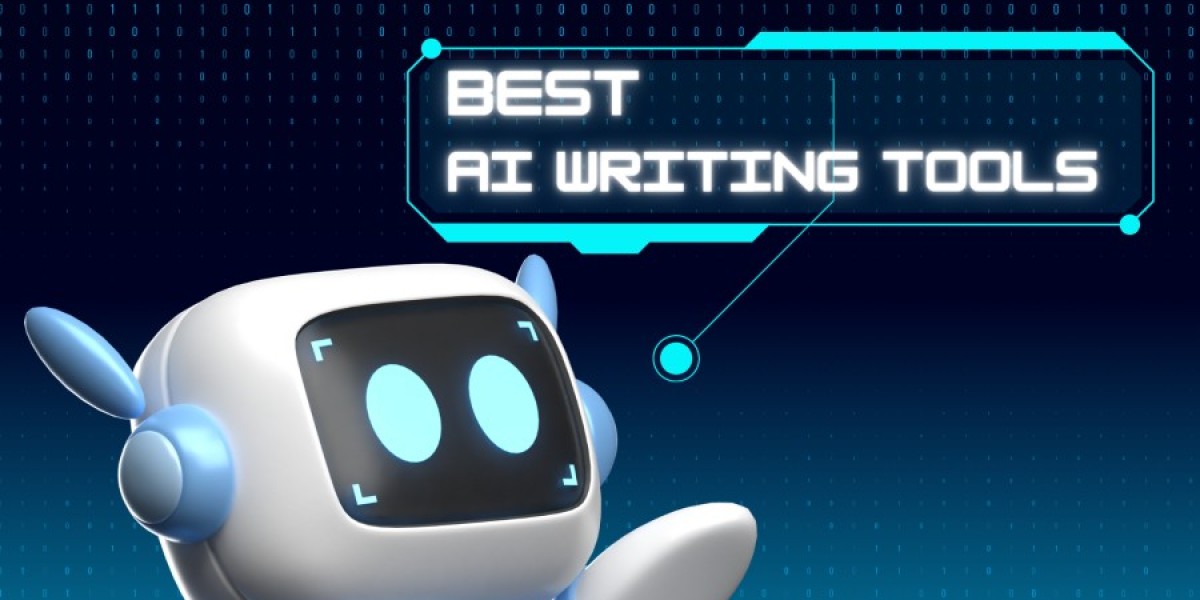In the ever-evolving world of technology, artificial intelligence (AI) has made remarkable strides in recent years. Among its many achievements, one stands out as both fascinating and transformative—the emergence of the AI story writer. This innovative tool is not just changing how stories are written but also redefining the art of storytelling itself.
For centuries, storytelling has been a deeply human endeavor, reflecting our emotions, experiences, and imaginations. Whether through novels, short stories, or screenplays, writers have poured their hearts into crafting tales that entertain, inspire, and connect people. Now, with the advent of the AI story writer, this age-old tradition is being given a fresh twist.
What is an AI Story Writer?
An AI story writer is a specialized program designed to create written narratives with minimal human intervention. Using advanced machine learning algorithms, natural language processing (NLP), and vast databases of literary content, these tools are capable of generating stories that mimic human creativity. From generating short children’s tales to complex, multi-layered fiction, AI story writers have become versatile assistants for writers and content creators.
How Does an AI Story Writer Work?
At its core, an AI story writer relies on patterns and data. By analyzing countless works of literature, it learns the structure of narratives, character development, dialogue, and even emotional arcs. For example, if tasked with writing a romance story, the AI will draw from its database to create relatable characters, heartfelt moments, and engaging conflicts that resonate with readers.
But what makes an AI story writer stand out is its adaptability. These tools can be fine-tuned to match specific genres, tones, or styles. Whether you want a Shakespearean tragedy, a sci-fi thriller, or a light-hearted comedy, the AI can deliver.
The Advantages of an AI Story Writer
Time-Saving: Writers often face creative blocks or tight deadlines. An AI story writer can help overcome these hurdles by generating content quickly, allowing writers to focus on refining their ideas.
Idea Generation: For those struggling to start, an AI can suggest intriguing plotlines, character arcs, or even twists that might not have occurred naturally.
Cost-Effective for Businesses: Content creation, especially for marketing or entertainment industries, can be time-consuming and expensive. AI tools provide a cost-effective alternative to produce high-quality content.
Inclusivity in Writing: Not everyone has the skill or time to write elaborate stories. AI story writers make it possible for anyone to bring their story ideas to life, regardless of their writing expertise.
The Limitations of an AI Story Writer
Despite its many advantages, an AI story writer is not without its limitations. The primary challenge lies in the human touch—the subtle nuances of emotion, culture, and personal experience that shape a truly unforgettable story. AI, no matter how advanced, lacks the ability to feel or experience life. It creates based on patterns and probabilities, not on lived reality.
For example, while an AI can generate a dramatic confrontation between two characters, it might miss the depth of emotion that a human writer would instinctively weave into the scene. Similarly, it may struggle to create humor or cultural references that require a deeper understanding of societal norms.
AI Story Writers and the Future of Storytelling
The question isn’t whether AI will replace human writers but how it can complement them. Rather than viewing it as competition, many writers see an AI story writer as a collaborative tool—a partner that enhances creativity rather than stifles it.
For instance, authors can use AI to draft the initial framework of their stories and then add their unique flair and personal insights. Similarly, businesses and educators can utilize AI story writers to create tailored narratives for their audiences, saving time while ensuring high-quality content.
Moreover, AI story writers are opening doors for accessibility. Aspiring writers who may lack formal training or confidence in their skills can use AI to explore their ideas and share their voices with the world.
A Blend of Technology and Humanity
As advanced as AI story writers have become, the heart of storytelling still beats within humans. These tools are remarkable for their efficiency and versatility, but the essence of storytelling—the ability to make readers laugh, cry, and dream—remains uniquely human.
The rise of AI in storytelling is not the end of human creativity but a new chapter in its evolution. By combining the speed and precision of AI with the depth of human emotion and experience, we can create stories that are more compelling, inclusive, and innovative than ever before.
In the end, the AI story writer is not here to replace the storyteller but to empower them. Together, humans and AI can craft tales that inspire generations to come, proving that technology and artistry can coexist beautifully.








